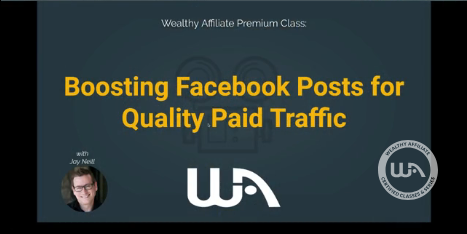You might have heard the claim whispered in some digital marketing circles: “SEO is dead.” This proclamation often stems from a misunderstanding. I’m here to set the record straight.
SEO has not only survived the relentless evolution of the internet, but it also thrives. The search engine algorithms that dictate SEO practices are not static; they are constantly shifting to improve user experience. What does this mean? Simply old tricks and quick fixes no longer cut it. Now, value and relevance take center stage.
The transition from a focus on technical maneuvers to genuine value for the user marks a significant shift in SEO. Today, you won’t succeed just by stuffing your content with keywords or farming backlinks. Instead, search engines reward those who prioritize their audience, offering high-quality, helpful content.
Examples abound of businesses and content creators who’ve adapted their SEO strategies to align with these updated principles, seeing not only increased traffic but also enhanced engagement and conversions. This serves as a testament that SEO is very much alive, rewarding those who understand and leverage its evolving nature.
Adapting to the Changing Landscape of SEO
Okay, let’s be straightforward about the state of SEO today. It’s not just about keywords and backlinks anymore. Now, search engines are getting smarter, and they’re prioritizing the user experience above all else. That means high-quality content isn’t just a plus; it’s a MUST for anyone looking to stay visible online.
Understanding the searcher’s intent and meeting their needs has become the beating heart of SEO. When you write a piece, you’re not just stuffing it with jargon or keywords; you’re answering real questions for real people. This approach is what makes the content not only favoured by search engines but also genuinely helpful for your audience.
Here’s what you need to do: focus on being informative, engaging, and valuable. Ask yourself, is your content actually useful? If yes, then you’re on the right path. If not, it’s time to rethink your strategy. Keep in mind that search engines have one goal: to serve the best, most relevant, and most authoritative content out there.
Now, it’s not about fearing the evolution of SEO. Instead, embrace it. Learning the intricacies of modern SEO is essential for marketers and businesses aiming to compete in the digital age. No magic wand can make you rank overnight, but the consistent effort in aligning with search engine guidelines and focusing on providing value will certainly help you stay the course.
In conclusion, SEO is very much alive, but like anything that grows, it changes. It’s those changes that we need to keep up with—honing our skills, updating our tactics, and always, always putting the user first. Only then can we claim true success in the world of digital marketing.







